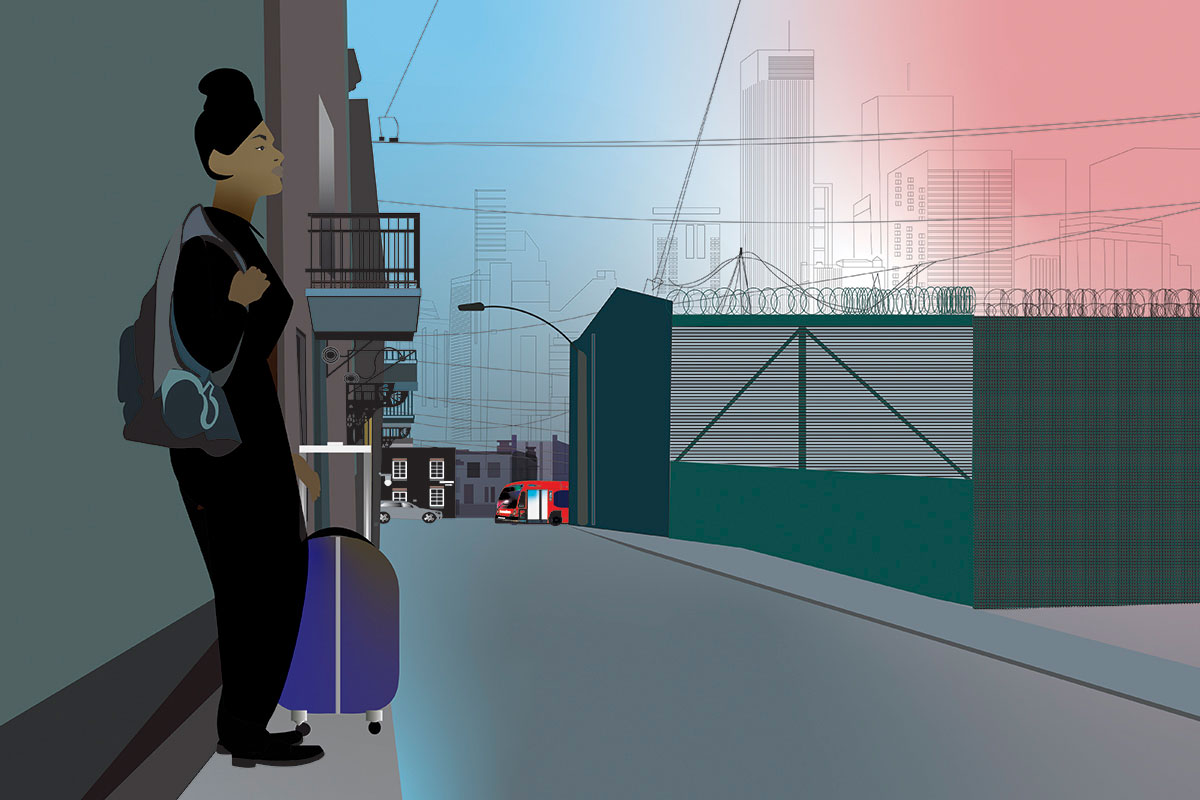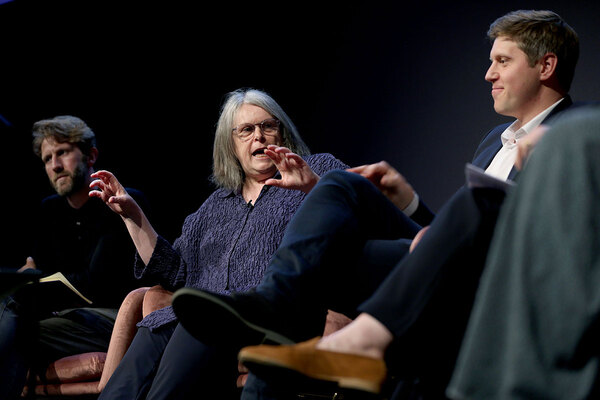You are viewing 1 of your 1 free articles

Lucy Malarkey is managing director of Women In Social Housing
The case for women’s networking
Lucy Malarkey says women’s experience of microaggressions and discrimination at work means they still need spaces to come together and discuss their experiences
On the news of my recent appointment as managing director of Wish (Women in Social Housing), I received numerous supportive and congratulatory LinkedIn messages – with one exception. Whilst this one exception was by no means unpleasant, the author expressed their view that an equality network just for women was a juxtaposition, reinforcing exclusivity as opposed to inclusion.
“Whilst women have made important gains in representation throughout the sector in the past few years, we’re still a long way from equality, particularly at a senior leadership level”
As I explained to that person, in a world where women do not have an equal standing and where we are subject to increased bias-based scrutiny, professional women’s networks are still very valid.
Having groups focused on women isn’t about exclusion, and allies are absolutely critical, but it is important that groups who are disenfranchised and face a significantly higher percentage of bias at work are provided with the time and safe space to be open about their experiences and challenges.
Women’s networks are empowering and inspiring. Enabling women to come together, to share and connect re-energises them to go back into the workplace with renewed enthusiasm and vigour. They support women to bring our whole self to work and, in that sense, they are crucial for equality and inclusion.
“Performance bias is the deep-rooted assumption about the innate abilities of men and women which has a negative impact on women’s career progression”
Whilst women have made important gains in representation throughout the sector in the past few years, we’re still a long way from equality, particularly at a senior leadership level. The housing sector needs to act now to support, retain and advance women; providing the opportunity to network alongside an active commitment to interrupt the gender bias women face at work is crucial to getting this right.
It’s a sad fact that the majority of women experience bias and microaggressions at work. Whether deliberate or unconscious, bias makes it harder for women to get hired and promoted, and negatively impacts their day-to-day work experiences.
But knowing that bias exists isn’t enough. The ‘call to action’ for this year’s International Women’s Day is to #BreakTheBias.
It’s hard for all of us to admit bias. It challenges our perceptions and values, but no one is immune from it, which means we all have work to do.
Gender bias in the workplace can present itself in a number of ways, including, but not limited to, performance bias and affinity bias.
Performance bias is the deep-rooted assumption about the innate abilities of men and women which has a negative impact on women’s career progression.
Affinity bias is the tendency to feel affiliation with those who are similar to ourselves and consequently to recruit in the image of ourselves. And if the hiring is only being carried out by men… well, enough said.
“The double whammy for women is that this maternal bias doesn’t stop after the child-bearing years. In later life we then experience a menopause bias, born from a lack of awareness and understanding of the phenomenal impact the menopause can have”
Of course, bias isn’t limited to gender. Add any of the other biases women may experience into the mix, such as ethnicity or sexual orientation, and the resulting compounded discrimination can be significantly greater than the sum of its parts.
On a personal level, the gender bias I’ve experienced most often has been around having children. Interestingly, this didn’t start at the point of maternity leave, but actually on getting engaged. It was a few years back, but I was once asked at an internal interview what my family plans were.
Possible motherhood, it seems, triggers assumptions that women are either less committed to their careers and become less competent, or they face disapproval for being too career focused. We can’t win! And, as a result of this ‘maternal wall’, post-children we are much less likely to be offered that new role, that interesting project or that personal development opportunity, of which networking is one example.
The double whammy for women is that this maternal bias doesn’t stop after the child-bearing years. In later life we then experience a menopause bias, born from a lack of awareness and understanding of the phenomenal impact the menopause can have. Lucky us!
Several weeks back, Wish held a networking event on the subject of the menopause. More than 200 women and allies attended. The engagement and networking through shared experiences were amazing, proving not only the huge interest in this subject, but also the desire to talk about it more. This is something we must all do.
Women’s networking is not about exclusion. Providing opportunities to connect, share and flourish and actively breaking gender bias is crucial for equality and inclusion. We all rise when women rise!
Lucy Malarkey, managing director, Women In Social Housing
Sign up for our daily newsletter
Already have an account? Click here to manage your newsletters












